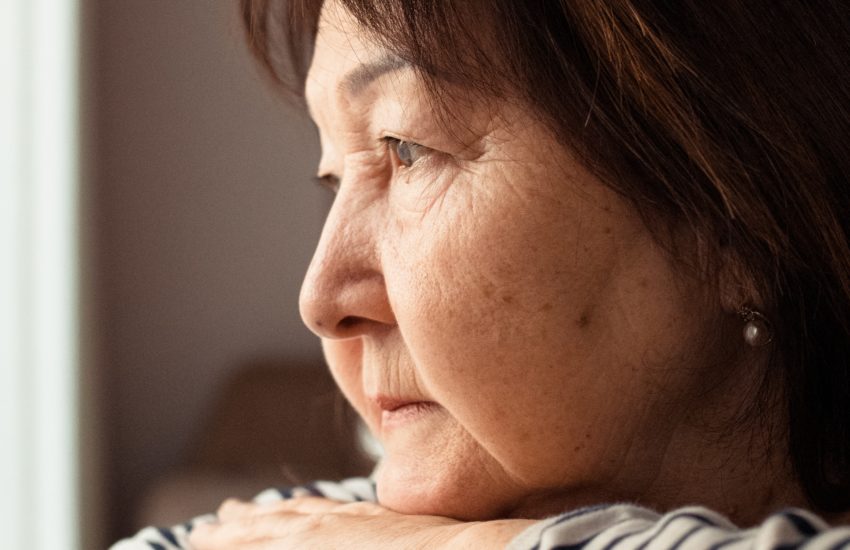“All work, no play” harms kids’ and teens’ mental health
A quick skim of any major U.S. news outlet’s headlines on mental health will tell you that anxiety and depression among children and teens is at an all-time high.
In fact, a 2021 joint statement from the American Academy of Pediatrics, American Academy of Child and Adolescent Psychiatry, and Children’s Hospital Association urged the Biden administration to declare a federal national emergency in child and adolescent mental health.
While much of the blame has been put on video games, social media, and isolation caused by the pandemic, a team of child development researchers has found that something else may be responsible: a lack of independent play.
The value—and decline—of independent play
In a summary of evidence published in the February 23, 2023 edition of The Journal of Pediatrics, the research team suggests that a decades-long decline in independent play has led to the decline in the mental health of children and teens.
As the researchers point out, the well-intended protectiveness of parents has dwindled opportunities for kids and teens not only to play independently, but also to roam and engage in activities without direct adult supervision or control.
These moments of freedom are necessary to help children and teens experience personal responsibility and some degree of risk to boost self-confidence, help protect children from developing phobias, and demonstrate to themselves that they are capable of dealing with important decisions or emergencies.
“Parents today are regularly subject to messages about the dangers that might befall unsupervised children and the value of high achievement in school,” explains the study’s co-author and Florida Atlantic University Charles E. Schmidt College of Science Psychology Professor Dr. David F. Bjorklund. “But they hear little of the countervailing messages that if children are to grow up well-adjusted, they need ever-increasing opportunities for independent activity, including self-directed play and meaningful contributions to family and community life, which are signs that they are trusted, responsible, and capable. They need to feel they can deal effectively with the real world, not just the world of school.”
The impact of more school and homework—and less recess
One of the factors significantly impacting the time children and teens have for independent play and exploration is school.
From 1950 to 2010, the average school year increased by five weeks. In addition, homework has become more common in elementary school, now starting as early as kindergarten for some. Recess—a time for kids to play without structure—has been reduced significantly. By 2014, the average time spent in recess was just 26.9 minutes a day for elementary schools—if they have it at all.
Add to that an increasing pressure to achieve academically (and/or in athletics, music, or other extracurricular activities) to avoid failure or “insufficient” achievement and it’s easy to see why so many children and teens are struggling with anxiety and depression.
What can parents do?
Encourage your child to engage in unstructured play by scheduling play dates, taking walks through new environments (e.g., a forest, field, or beach) and spending time at busy parks where other kids your child’s age tend to gather.
Resist the urge to provide technology or to swoop in every time your child appears bored. Instead, provide unstructured time to play (indoors or outside), and look for ways for older children and teens to build independence, such as walking around the block with a classmate or spending an hour at the pool with a friend without parental supervision.
MBJ
Wendy Burt-Thomas writes about the brain, mental health and parenting.
Check out the original research:
https://www.jpeds.com/article/S0022-3476(23)00111-7/fulltext


